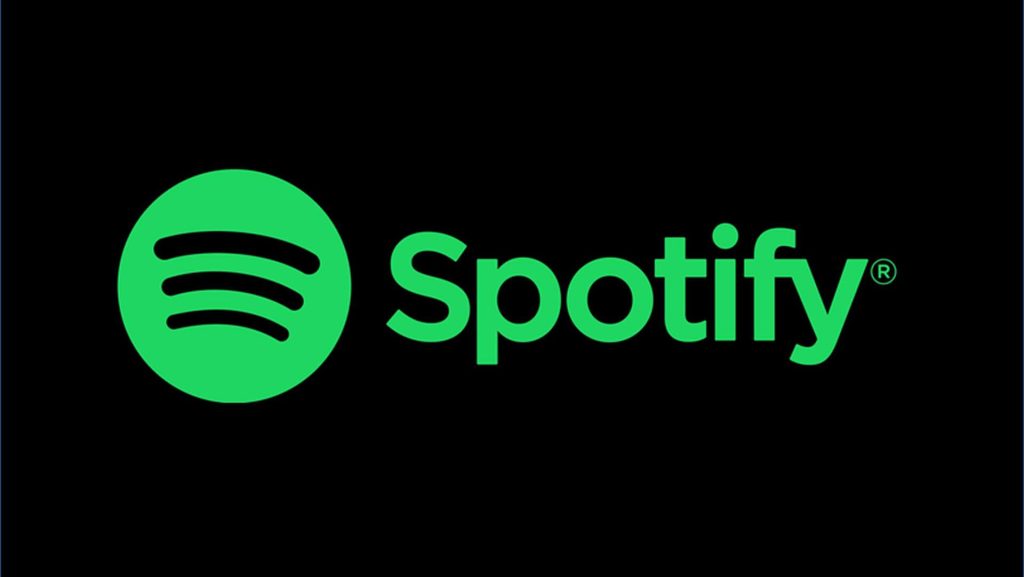
Spotify has revealed its plans for the future of its audiobooks offering. The company unveiled a new business plan on Tuesday afternoon during an event held at its New York offices, under which Spotify Premium users will now have free access to a portion of its audiobook catalogue, which includes 150,000 titles in all.
The service will first be available in the United Kingdom and Australia, and will then be available in the United States later this year, with additional markets to follow.
“Audiobooks today have one big dominating player. And just like in music and podcasting, we believe that many more consumers want to consume audiobooks and want to listen to audiobooks,” said Spotify founder and CEO Daniel Ek.
“And just like in music and podcasting, we’re really excited to be able to bring all the amazing tools that we built for creators and consumers alike to enable more discovery of these amazing audiobooks to the entire world,” he added.
Spotify launched audiobooks in the U.S. in September 2022 with a catalogue of 300,000 titles. Later that year, it expanded to additional English-speaking nations, and in early 2023, it launched in Canada. This expansion was made possible by Spotify’s acquisition of the digital audiobook distributor Findaway.
Spotify touted the service’s ability to tap into a booming industry when it launched last year, stating that audiobooks held only a 6 percent to 7 percent part of the overall book market but were rising by 20 percent year on year.
It will be simpler for end customers to listen to the books since they will have access to audiobooks as part of the Premium service.
Ek said that this adjustment will benefit the business by boosting Spotify customer engagement and lowering churn. Aside from that, he added, it “gives our business great flexibility, which will ultimately help our revenue and profit.”
Additionally, according to the firm, there is a distribution and discovery issue with audiobooks that Spotify hopes to address in a similar way to how it has done with music and podcasts.
“Tens of millions of Premium subscribers are already interested in listening to audiobooks,” said Spotify co-president and chief business officer Alex Norström. “They just need the opportunity.”
He added that although predictions state that 2 billion people would read books this year, the market share for audiobooks is still very tiny.
Despite having 300,000 titles when it first began, only half of Spotify’s larger audiobooks catalogue are accessible with the Premium plan. The service will only be available for 15 hours per month, but subscribers are free to read as many books as they like. However, consumers will be able to purchase an additional 10 hours as a “top-off” to purchase more time.
Along with the launch, Spotify will offer customers editorial book recommendations as well as tailored recommendations based on their preferences.
“We’re going to feature editorial recommendations, curated by a diverse team of experts. And these will appear in the audiobooks hub,” explained Spotify VP, Head of Audiobooks Business, David Kaefer. This hub will include feature shelves that highlight popular genres as well.
“We’re also going to make recommendations guided by a streamlined taste onboarding,” he continued. “This is something that every listener is going to get as soon as they access their application. And it’s going to prompt users to choose some of their favorite titles and some of their favorite genres. That’s how we’re going to begin to learn how we’re going to begin to suggest the right titles to each listener,” Kaefer added.
He said that experiments for personalised audiobook recommendations were already in progress. These recommendations would also show up in the app’s Home feed, where they will be seen by tens of millions of users every day.
Authors will have access to new tools, such as marketing cards they may personalise with images, to help them get readers’ attention. In the future, Spotify will develop more sophisticated tools that will let authors know how their titles are performing.
The available audiobooks that are part of the Premium offering will have a flag next to them as the functionality expands to supported markets, letting subscribers know they can stream the book for free.
With the help of built-in sharing capabilities, users will also be able to create audiobook playlists and share their favourite audiobooks on social media.
“We’ve got instant access. We’ve got discovery. We’ve got front-and-center placement, easy social amplification, and dedicated tools,” Kaefer concluded. “And all of these things are going to help increase the number of people listening to audiobooks and help listeners engage with the format with less friction,” he said.
